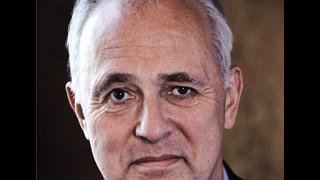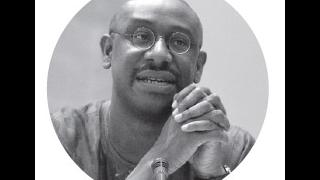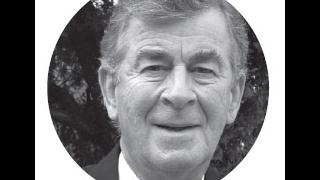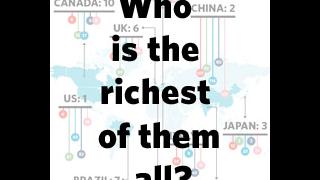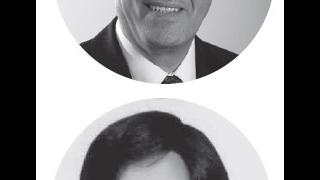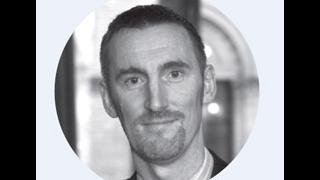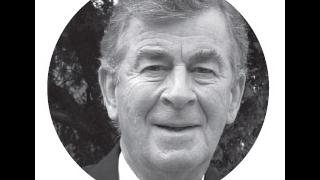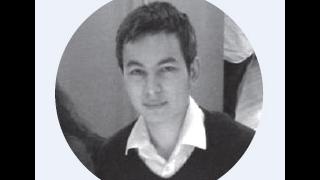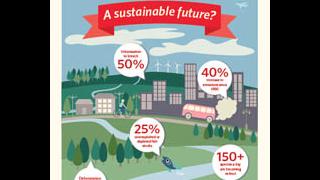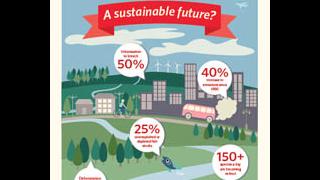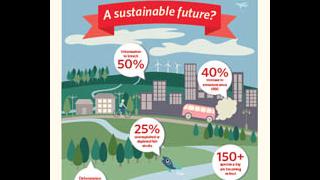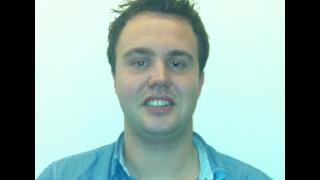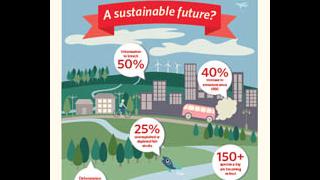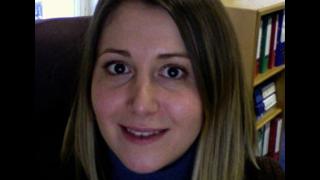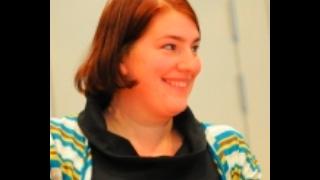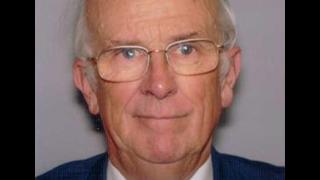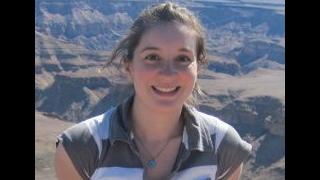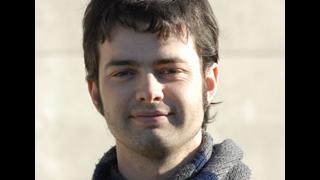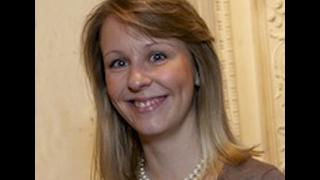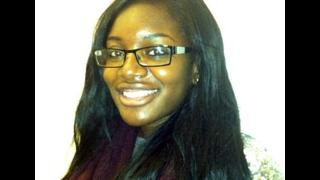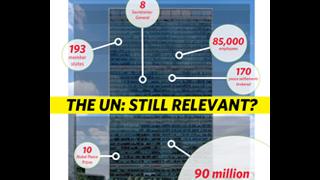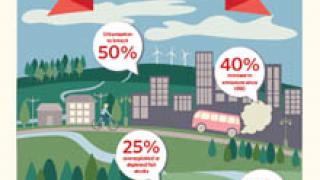
There are no paintings on the walls in the hospitals I have worked at in the capital of Liberia over the past five years. The bareness of the walls parallels the limited equipment I have on hand. Listening to some of these patients, or looking at their X-rays without the benefit of modern technology, I get the feeling I am seeing pathology in its most extreme form – the way people saw it when the diseases we now treat routinely in the West were first discovered. Listening to the sandpaper sound of one man’s pericardial rub, caused by fluid moving around the heart muscle from an infection or cancer, I think, “Oh! That’s why we call it a ‘rub!’” Sometimes the challenges of this work, such as helping a grandmother survive a simple asthma attack, are rewarding. Other times my co-workers and I face the horror of losing a two year-old before we have even made a diagnosis.
We admit many patients with no obvious source of infection. I treat them with broad-spectrum antibiotics, and the young ones usually get better. It is frustrating not knowing what I am treating. There's always a copy of Manson's Tropical Medicine in my office, but sometimes this information does not help. There is one section which says: "diagnosis of splenic disorders in the tropics relies mainly on the astute clinical observations of a practiced internist". Despite five years as an academic hospitalist in the U.S. and posts with Médicins Sans Frontières and other NGOs in Haiti, Liberia, Uganda, Colombia and Ghana, I encounter some patients who make me wish for help from a ‘practiced internist’.
Some cases illustrate how the line between therapy and education often becomes blurred. Pressing on a patient’s tender abdomen to ultrasound his kidneys and see the massive cysts inside will not do anything to help him. He needs a transplant or dialysis and we cannot do either. But the ultrasound is safe for the patient, fascinating for the doctor and may help us recognize this type of disease when we see it again. In this case, the negligible risk to the patient seems worth it because of the educational gains.
Percardiocentesis is a procedure that involves draining fluid from around a patient’s heart and you have to be specially credentialed to do so in the U.S., but a non-specialist can do it in Liberia with no supervision as long as he can find a needle. Informed consent about our lack of experience is next to impossible with the language barrier, so you are left to question: am I doing this to save this man or is he a guinea pig for a western patient back home?
It is important to ask this every time we find ourselves in these situations because one can justify almost any procedure with “we’re desperate” or “this is the only chance they’ve got”. The problem with that logic is that sometimes the best thing you can do for a patient is nothing. In countries with little infrastructure and a limited ability to supervise visiting physicians, unethical practices can go unchecked. It is important we expand current international medical standards of care and organise regulatory agencies to enforce them. Simply put, there is real need for more oversight in all relief work, and in medicine in particular.
Marcia Glass is a Clinical Assistant Professor of Medicine at Tulane University School of Medicine. She is currently volunteering with Médicins Sans Frontières at an urgent-care/sexual violence center in Buenaventura, Colombia.

